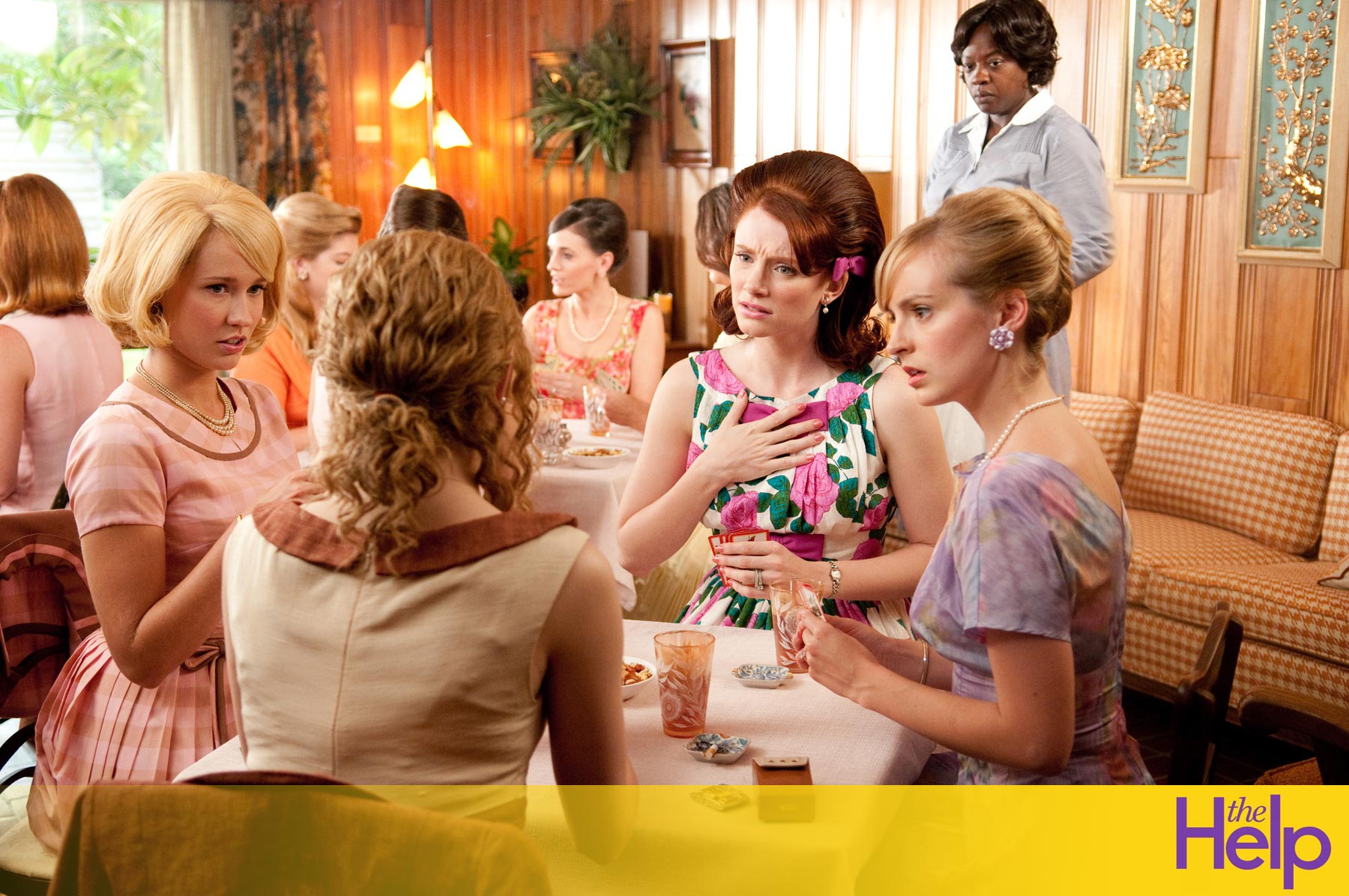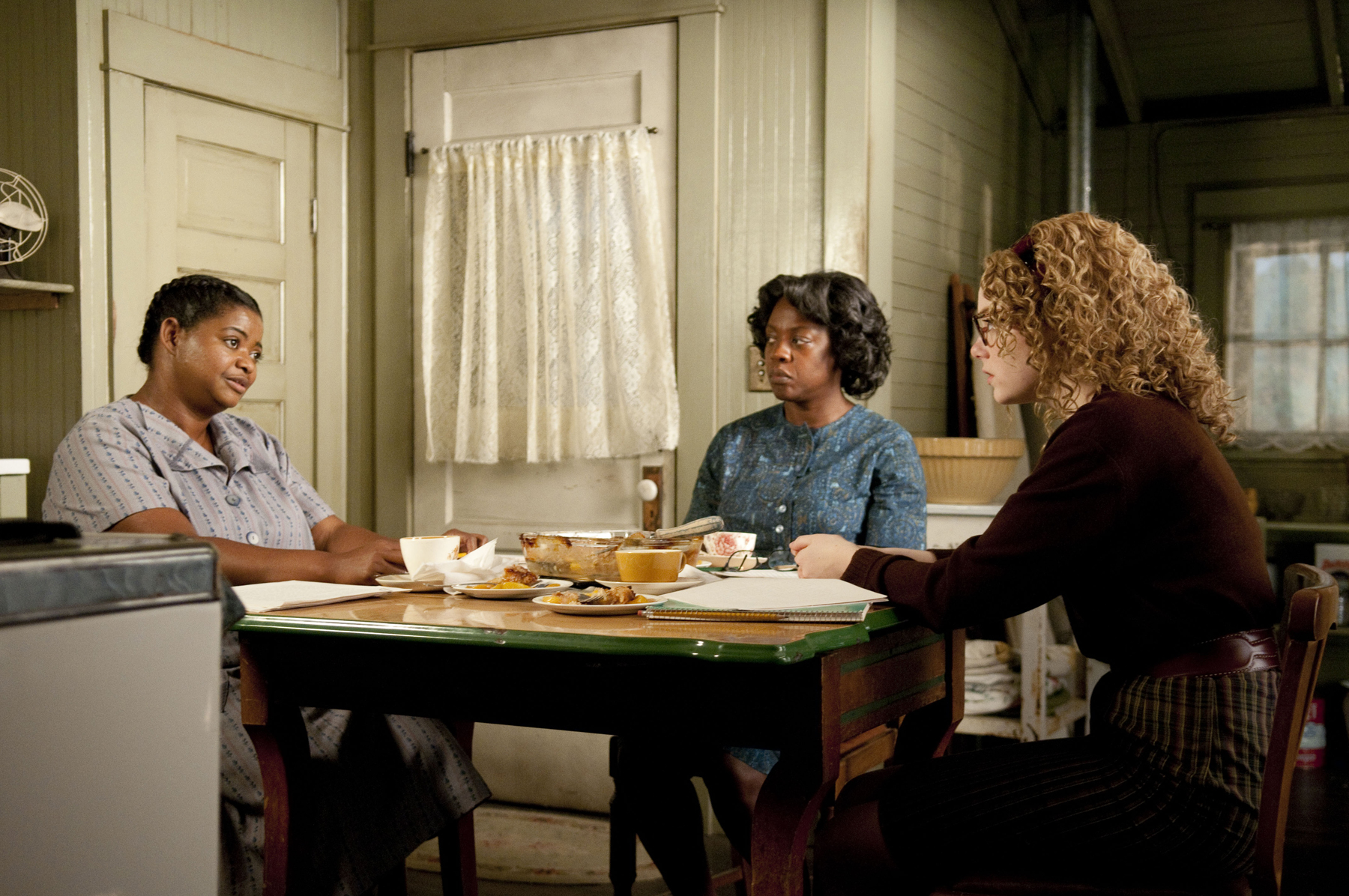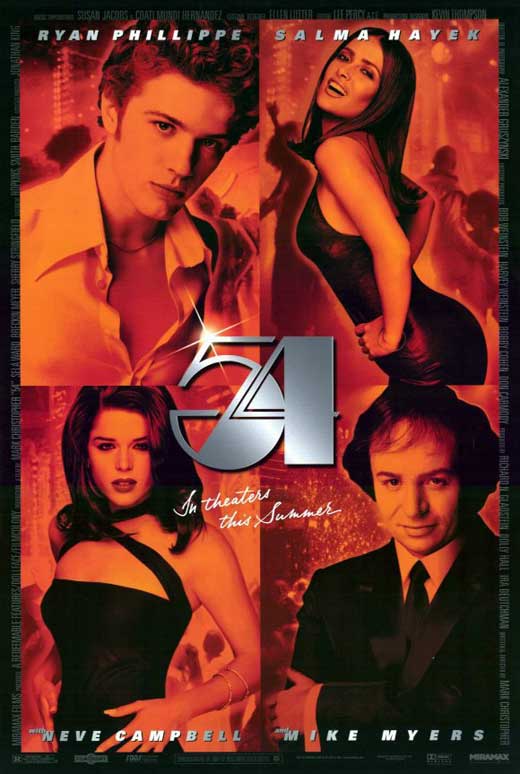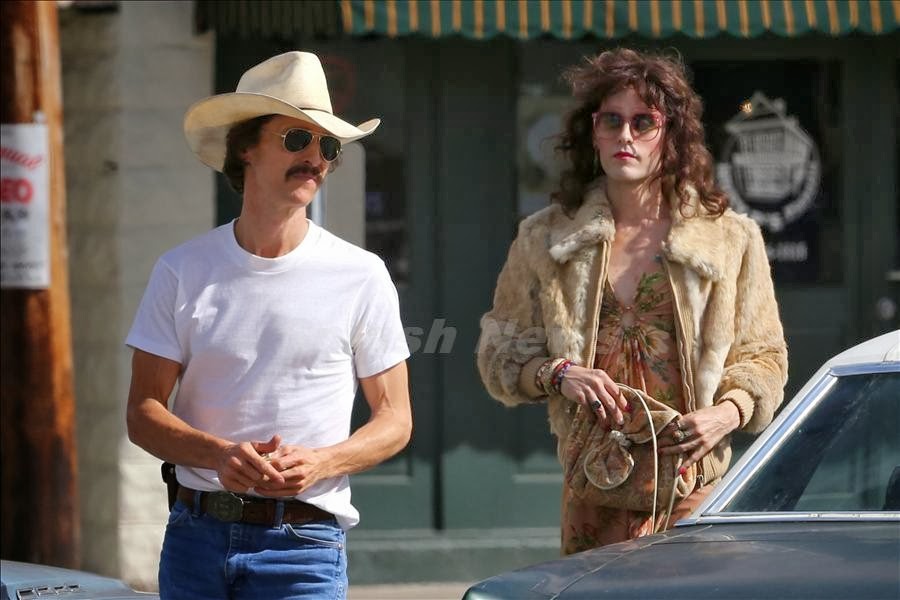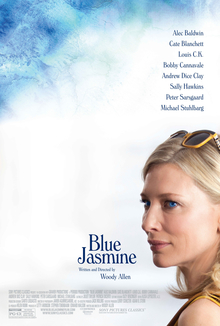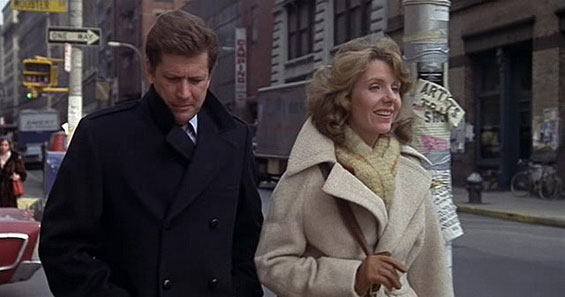
The on-target performances and surprising chemistry of the stars makes up for the "been there done that" aspect of the story in 2010's Due Date, a well-worn comic premise that earns its credentials through a pair of sharp starring performances.

Todd Phillips, the man behind The Hangover, directed this broad episodic comedy that stars Robert Downey Jr. as Peter, a tightly-wound architect trying to get home in time for the birth of his child, who gets thrown off a plane, thanks to a neurotic, pot-smoking nutcase (Zach Galifianakis) and then ends up on a cross-country road trip with the guy in order to get home.
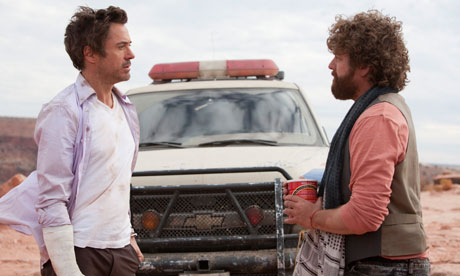
This film borrows from a lot of movies in the past, Planes, Trains, and Automobiles, in particular, but what sets this film apart is the performances from the stars. Robert Downey Jr. delivers a perfectly executed comic straight man as Peter, the regular guy caught up in extraordinary circumstances and Galifianakis is his usually nutty self, offering a character who provides big laughs, even if there are nervous ones at times. Galifianakis has patented that unique comic character who has you rolling on the floor and wanting to beat the crap out of him at the same time.
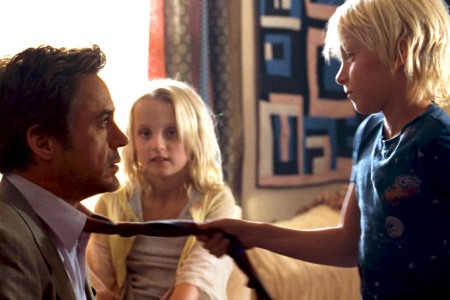
What is so fun about the actors' work together is that even though his character is technically the straight man, Robert Downey Jr. garners just as many laughs as Galifianakis thanks to some uncanny comic timing and the ability to keep everything his character does routed in reality. As funny as Galifianakis is, it is Downey Jr. who makes this movie so funny. There is also a funny cameo from Jamie Foxx as an old friend of Downey Jr's who he suspects had an affair with his wife (Michelle Monaghan).
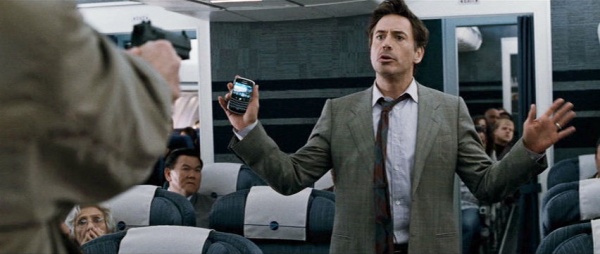
As in The Hangover, there are some over-the-top adventures including a Mexican jail break that has to be seen to be believed, but it is the masterful comic timing of Robert Downey Jr. that make this movie the pleasure it was to watch. BTW, the director does make a cameo appearance in the film as a tenant of the drug dealer played by Juliette Lewis. 7.5/10
Last edited by Gideon58; 04-26-16 at 06:56 PM.









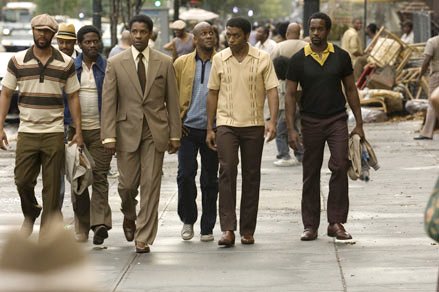
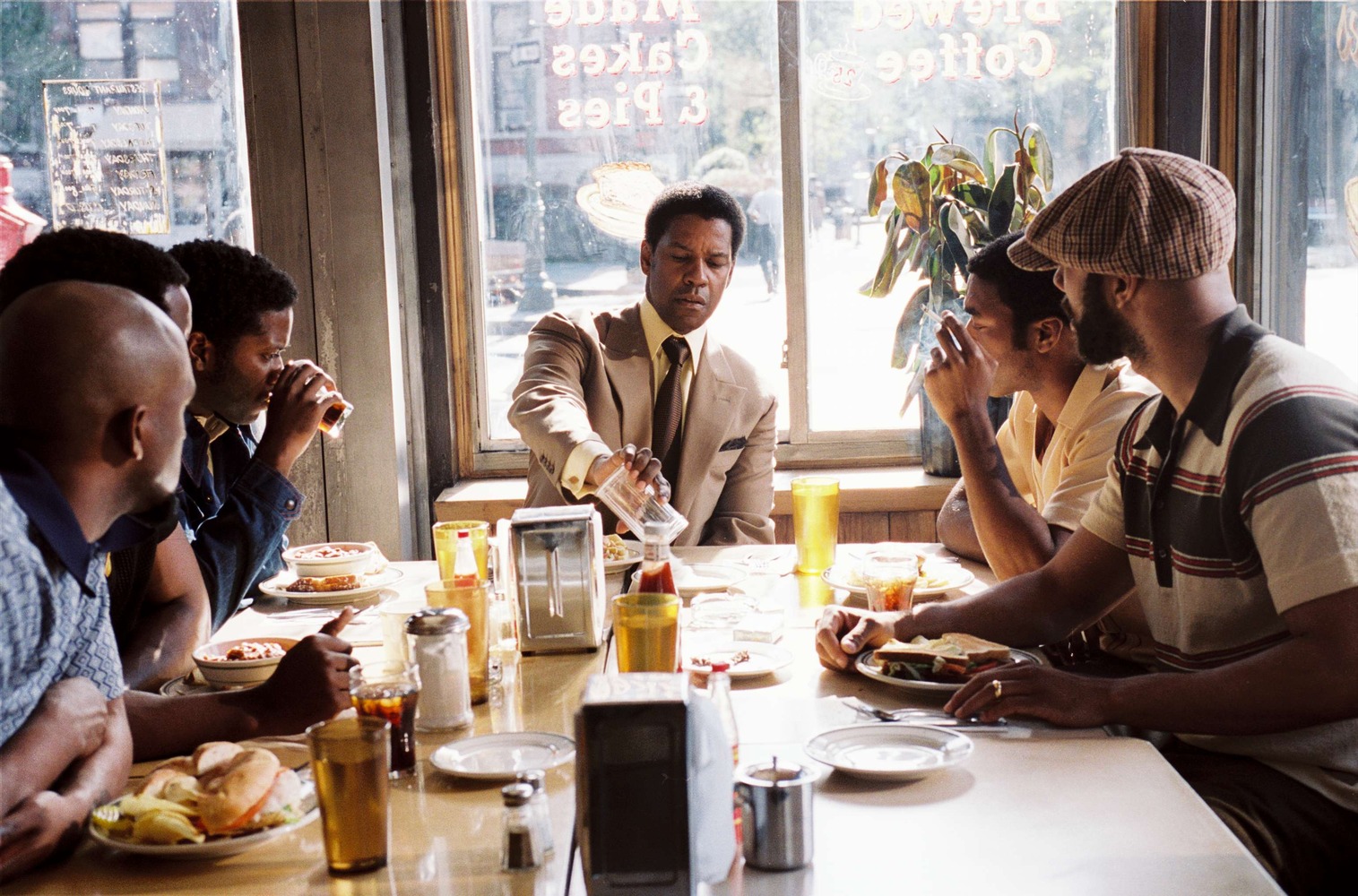
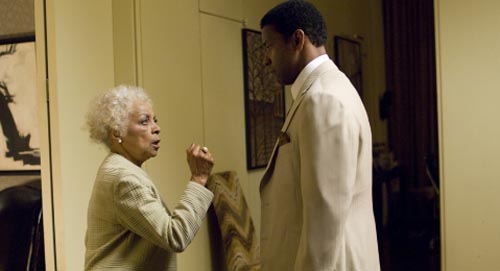



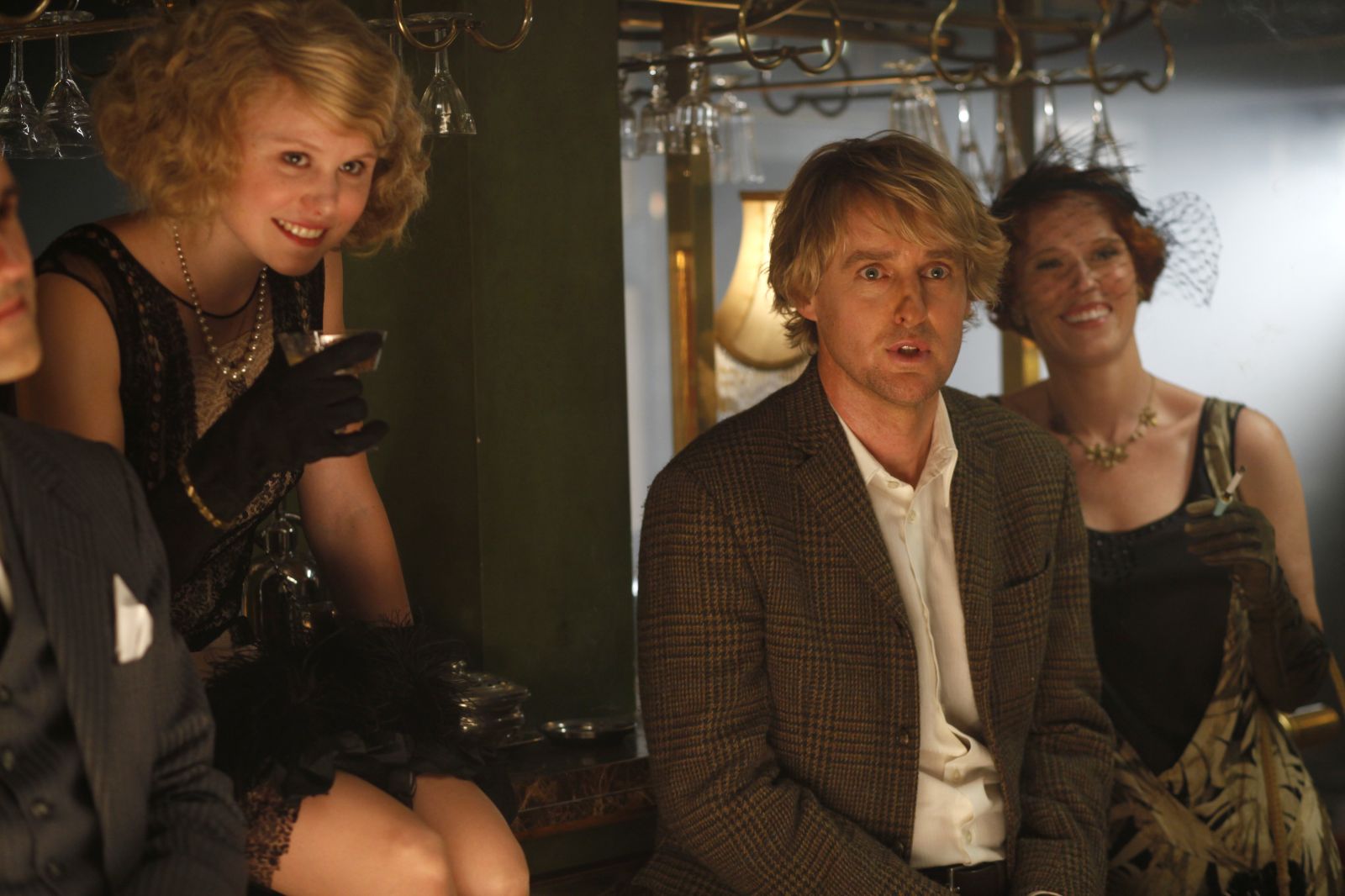



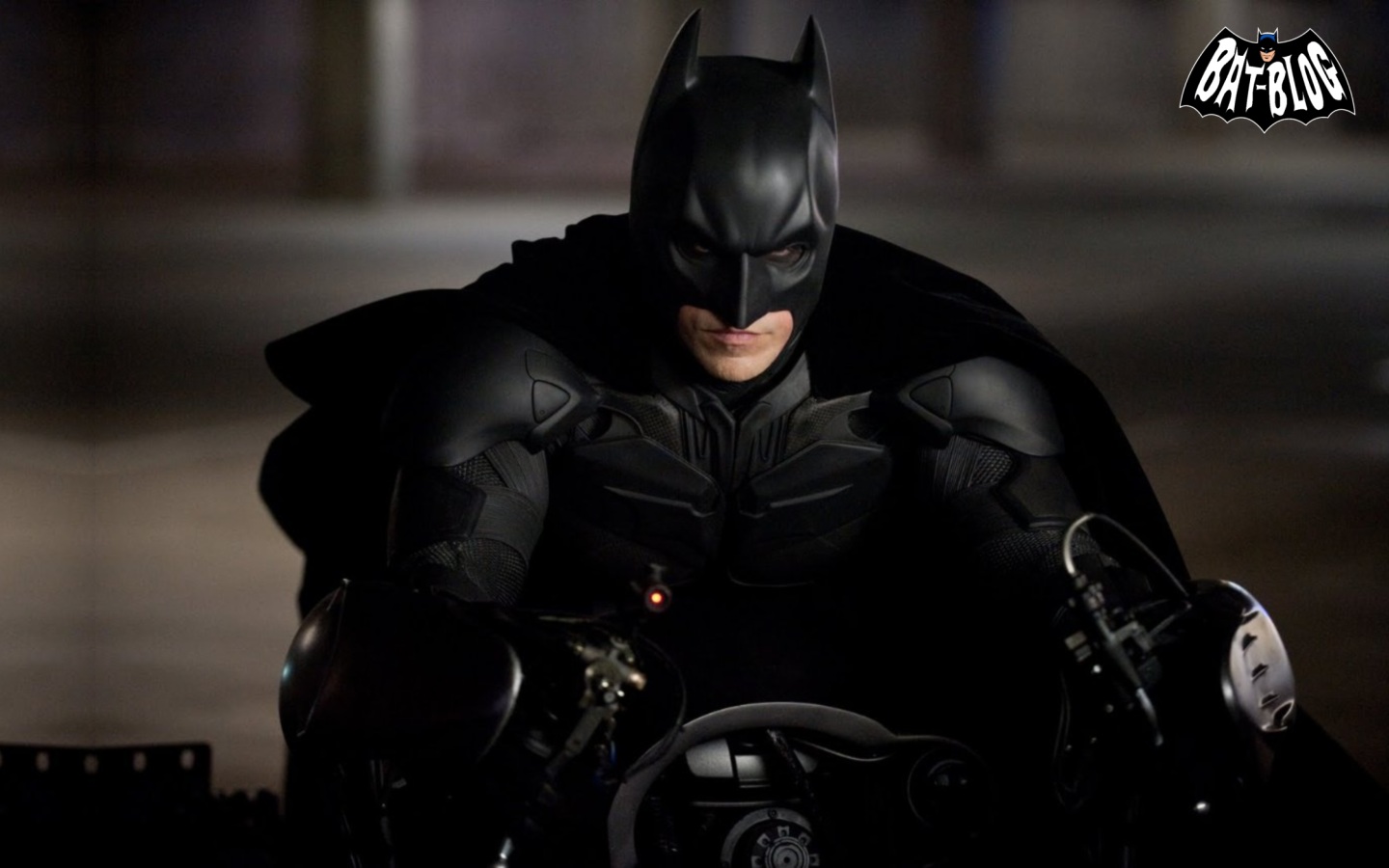




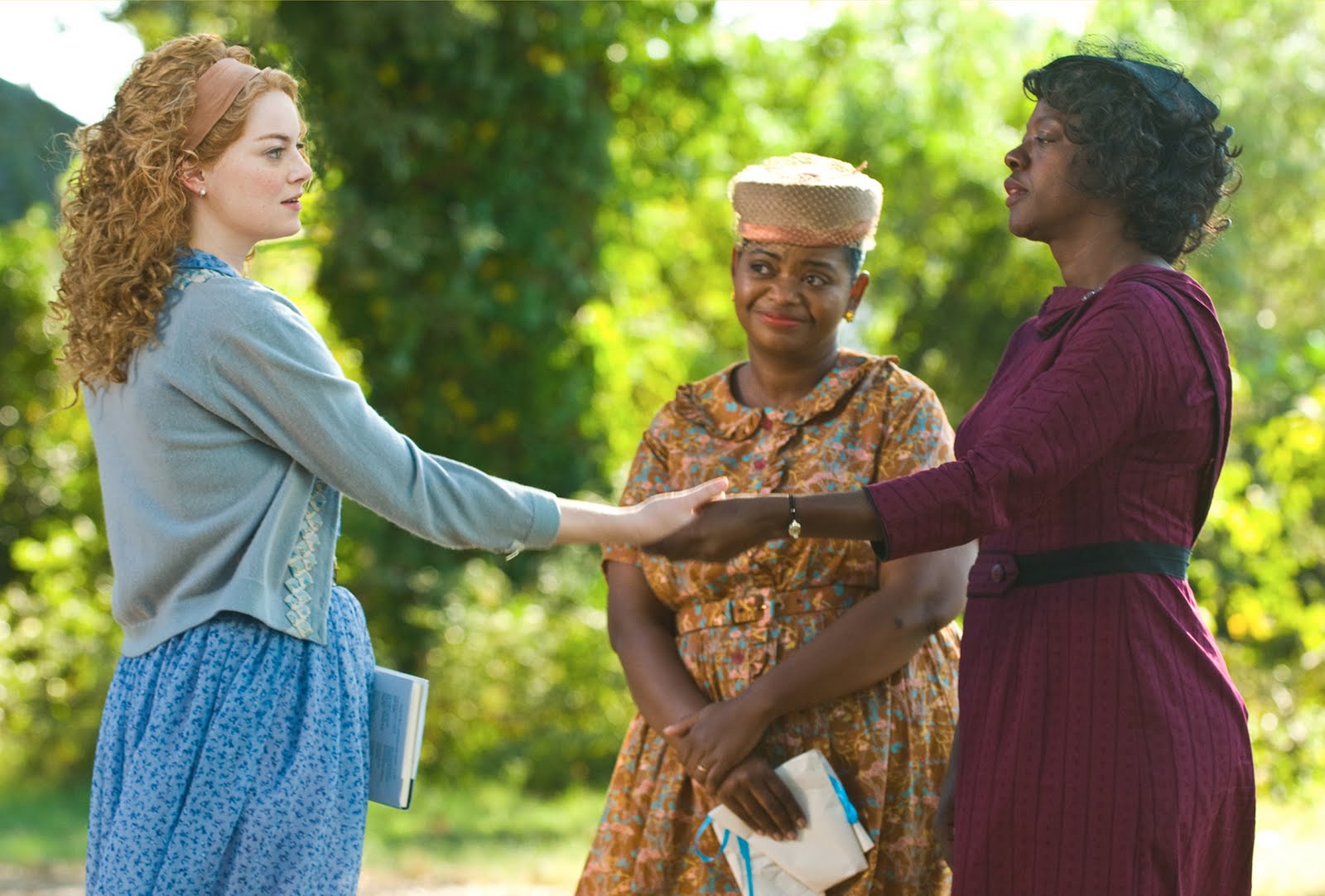 Set in Mississippi during the 1960's, this film is an up close and personal look at the black maid...the black woman who got up every morning, left her own family to go to a white woman's home and cook her meals, clean her house, and, most importantly, raise her children. Emma Stone plays Skeeter Phelan, one of those children and an aspiring writer whose fascination with said phenomena motivates her to write a book about the experience of being a black maid, by interviewing actual maids anonymously and compiling their stories into a book Skeeter has already pitched to a publisher (Mary Steenburgen).
Set in Mississippi during the 1960's, this film is an up close and personal look at the black maid...the black woman who got up every morning, left her own family to go to a white woman's home and cook her meals, clean her house, and, most importantly, raise her children. Emma Stone plays Skeeter Phelan, one of those children and an aspiring writer whose fascination with said phenomena motivates her to write a book about the experience of being a black maid, by interviewing actual maids anonymously and compiling their stories into a book Skeeter has already pitched to a publisher (Mary Steenburgen).